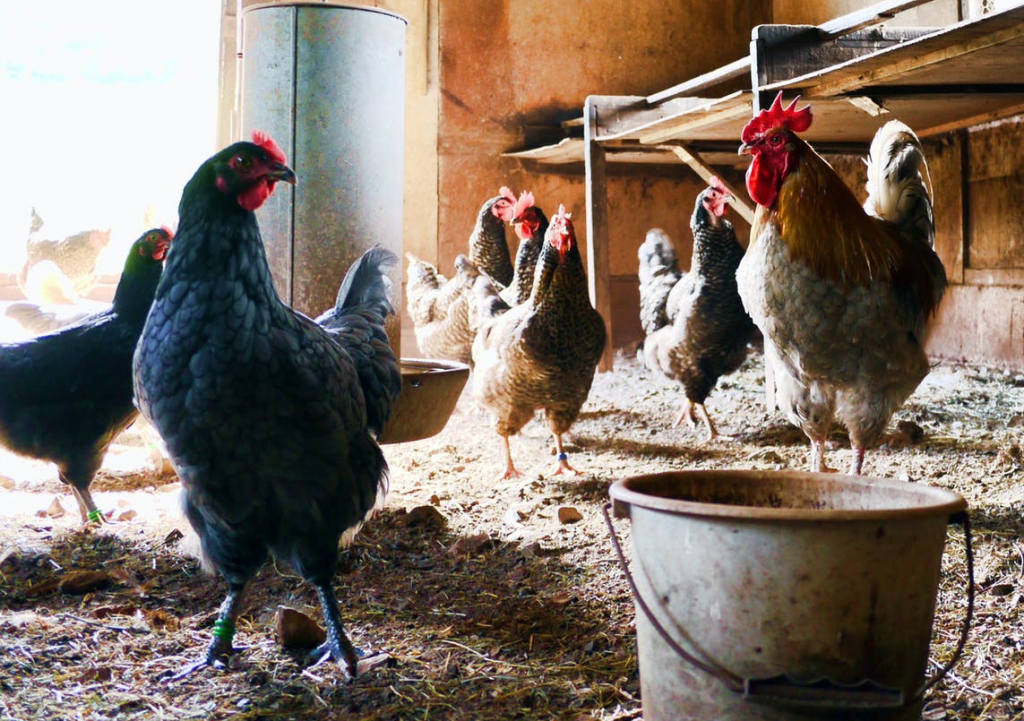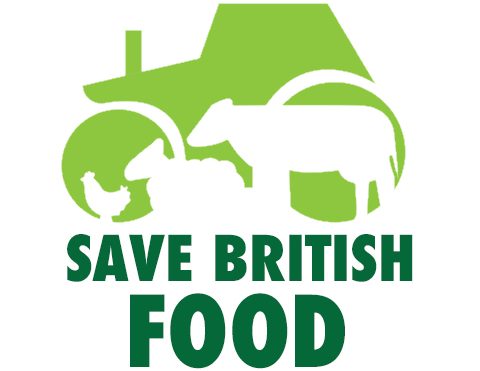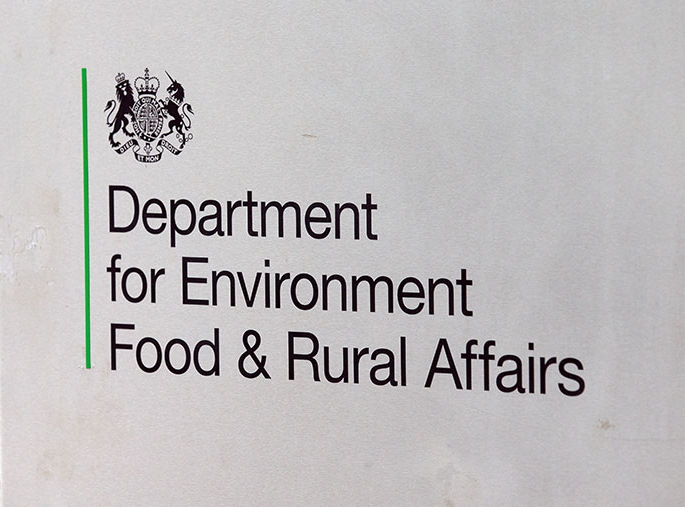“Recent polls show that between 80-90% of people in the UK are aligned against the lowering of food and animal welfare standards. For this Government to force through these changes against the values of the majority, is reminiscent of Margaret Thatcher’s obsession with the Poll Tax – which saw the worst riots in a century.” […]
We neglect British Farming at our peril


